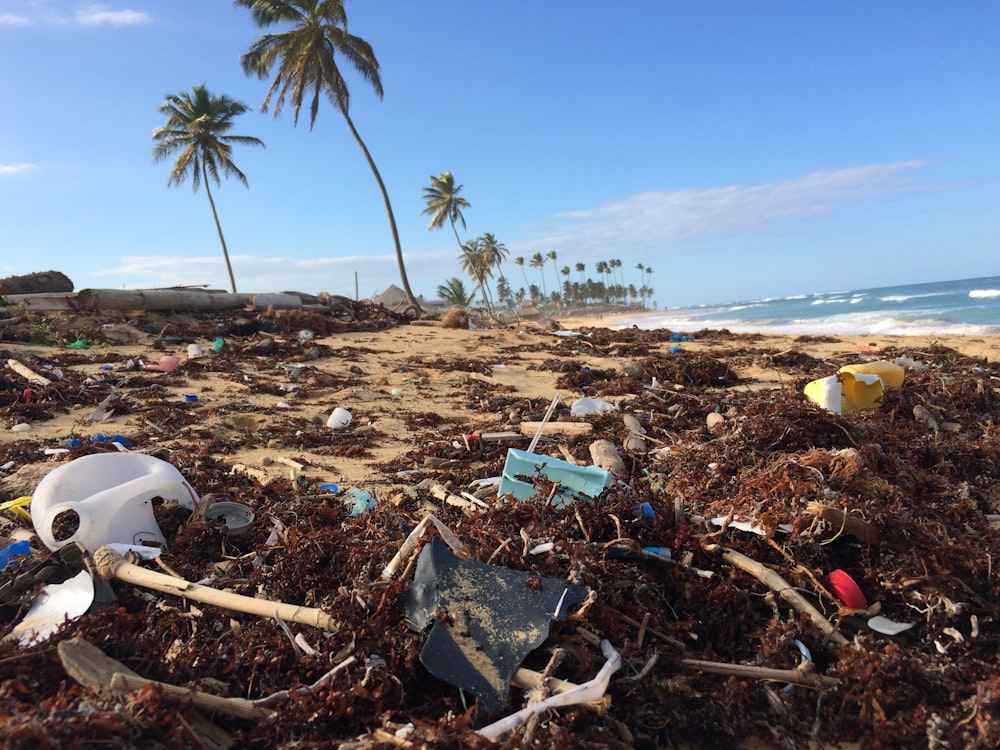via PNAS
Plastic trash chokes shorelines and oceans, in part because plastic polymers do not easily decompose. But a new kind of environmentally degradable plastic could help change that: It breaks down in about a week in sunlight and air, according to a recent study in the Journal of the American Chemical Society (JACS). Chemical characterization using nuclear magnetic resonance (NMR) and mass spectroscopy, among other techniques, revealed that the plastic decomposed rapidly in sunlight from a petroleum-based polymer into succinic acid, a naturally occurring nontoxic small molecule that doesn’t leave microplastic fragments in the environment.
Read the full story here: http://blog.pnas.org/2021/07/degradable-plastic-polymer-breaks-down-in-sunlight-and-air/





You must be logged in to post a comment.